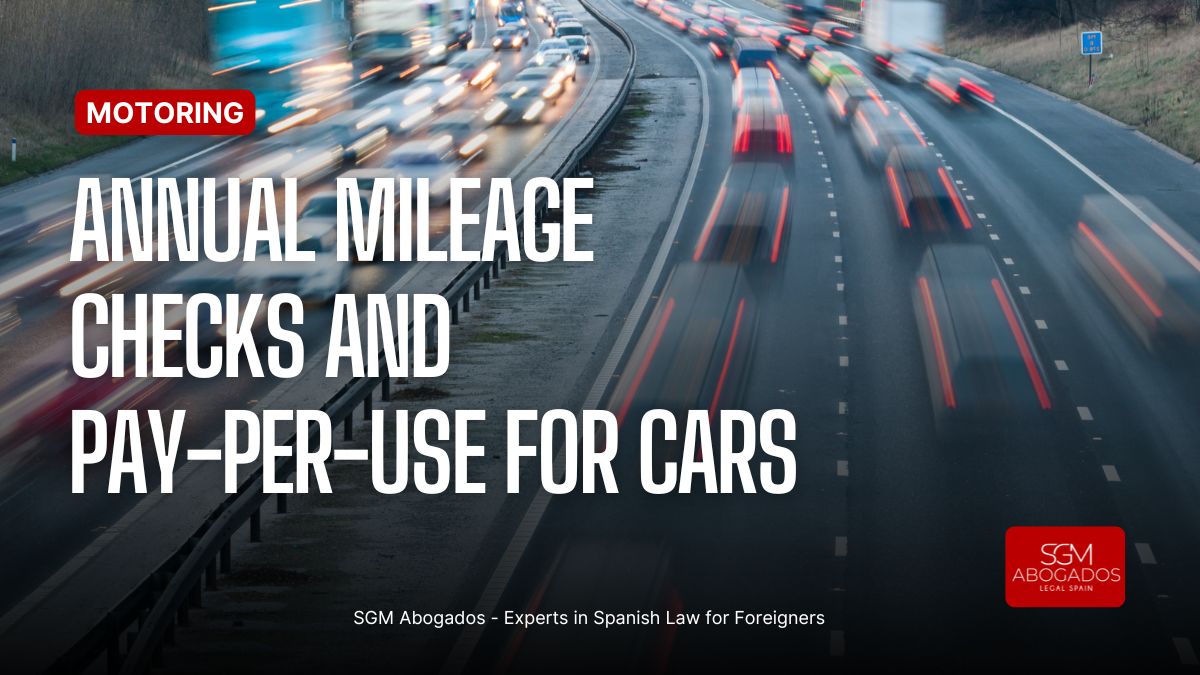Do you have to carry ID with you in Spain?
You may have heard that you need to carry your ID card with you at all times in Spain, but is this actually true and can you be fined or arrested for not having it?
If you’re a foreigner living in Spain, it’s likely that you will have some form of ID card such as your Tarjeta de Identidad de Extranjero (better known as the TIE) or your EU green residency card, which states your NIE number, your date of birth and your address.
Unlike the TIE cards and Spanish nationals’ DNI cards however, the green residency certificates do not have a photo.
Several English-language sources state that in Spain you must definitely carry ID with you at all times. However, is it absolutely necessary at all times and what is the situation specifically for foreigners in Spain?
Identity documents are mandatory for all those over 14 years of age residing in Spain, as well as for foreigners from 14 years who are going to spend more than six months here.
According to Spain’s Organic Law for the Protection of Citizen Security, better known as the Gag Law, approved on March 31st, 2015, article 9.2, states that “it is not mandatory to carry this identification but it is mandatory to identify yourself when authorities require it”. It states that the authorities “may require those who cannot be identified to accompany them to the nearest police station where there are means available to identify them”.
Gloria Jerónimo, an official from Spain’s Ministry of Justice specialising in immigration, told Spanish news site RTVE that “since it’s specified, it is not punishable. They can’t even give you a fine”.

Like Spaniards, foreigners who do not have an ID card or other documents such as a passport cannot be penalised or fined for it either, but they can be asked to identify themselves at any time and can also be taken to the police station if it’s deemed appropriate.
This means that while it’s not absolutely necessary, it is advisable to carry your ID with you, in order to avoid being hauled into the police station and most likely spend a fair amount of time proving your identity with plenty of admin involved.
Many thanks to THE LOCAL es











